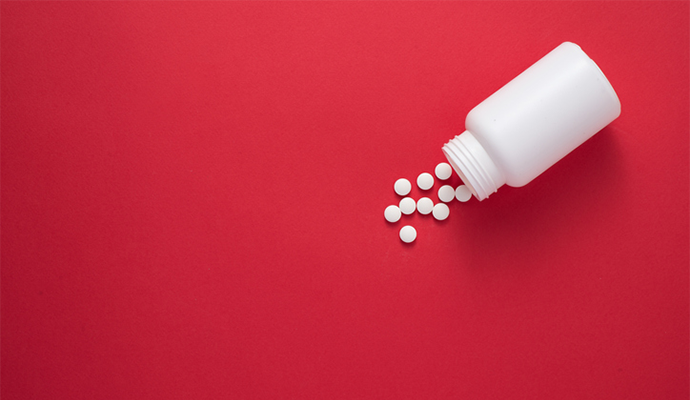Remdesivir May Not Greatly Help Moderately Ill COVID-19 Patients
The clinical benefits of using Gilead’s remdesivir as a treatment for moderately ill COVID-19 patients are uncertain despite evidence the drug works among severely ill patients.

Source: Thinkstock
- Although remdesivir showed clinical benefit in patients with severe COVID-19, it showed little benefit on clinical status for moderately ill COVID-19 patients , a recent JAMA Network Open study found.
For more coronavirus updates, visit our resource page, updated twice daily by Xtelligent Healthcare Media.
Specifically, the coronavirus patients in a 10-day course of remdesivir did not have a statistically significant difference in clinical status compared with standard care at 11 days after initiation of treatment.
And although significantly clinical status improved among patients in the 5-day course of remdesivir , researchers noted that the difference was of “uncertain clinical importance.”
The randomized, open-label trial enrolled 584 patients with confirmed SARS-CoV-2 infection and moderate COVID-19 pneumonia from March 15 through April 18, 2020, in the US, Europe, and Asia.
Patients either received a 10-day course of remdesivir (193 patients), a 5-day course of remdesivir (191 patients), or standard care (200 patients).
Remdesivir was dosed intravenously at 200 milligrams on Day 1 followed by 100 milligramsper day. The follow-up was May 20, 2020.
The primary end point was clinical status on Day 11 on a 7-point ordinal scale ranging from death to discharged.
Researchers found that the median length of treatment was five days for patients in the 5-day remdesivir group and six days for patients in the 10-day remdesivir group.
By Day 28, nine patients died in the 5-day remdesivir group, three in the 10-day remdesivir group, and four in the standard care group.
Patients that significantly improved could be discharged from the hospital before finishing their course of treatment. But treatment was to be discontinued if any patient experienced severe elevations in liver enzymes or decreases in creatinine clearance to less than 30 milliliters per minute, researchers noted.
Creatinine clearance is the volume of blood plasma cleared of creatinine per unit time.
Adverse events, including nausea, hypokalemia, and headache, were common in all groups.
Remdesivir has been an extremely promising COVID-19 treatment since the beginning of the pandemic.
At the beginning of May, FDA granted emergency use authorization (EUA) to Gilead for remdesivir to treat COVID-19 patients.
The EUA allowed Gilead to distribute remdesivir in the US and for providers to administer the drug intravenously, as appropriate, to treat COVID-19 in adults and children hospitalized with severe disease.
Gilead and other pharmaceutical stakeholders are still collecting data on the efficacy of remedesivir as a COVID-19 treatment.
Back in June, Gilead announced positive Phase 3 trial results.
The randomized study included hospitalized patients with confirmed COVID-19 pneumonia without reduced oxygen levels. The patientsreceived open-label remdesivir for five or ten days or standard care alone.
Researchers found that patients in the five-day remdesivir treatment group were 65 percent more likely to see clinical improvement at Day 11 versus individuals receiving standard care.
In contrast to the JAMA study findings, a study published in The Journal of Antimicrobial Chemotherapy found that remdesivir may have benefitted COVID-19 patients receiving mechanical ventilation.
Specifically, of 51 COVID-19 patients receiving mechanical ventilation from February 29th to March 20th, 25 received 200 milligrams of remdesivir on the first day, followed by 100 mg daily on days two to 10.
The antiviral was associated with improved survival (56 percent versus 92 percent) and an estimated 10 -year survival of 77 percent.
But questions remain as to how effective the treatment is for different types of COVID-19 patients considering scant evidence.
Although the answer may lie in the timing of the treatment, according to industry experts.
“These study results offer additional encouraging data for remdesivir, showing that if we can intervene earlier in the disease process with a 5-day treatment course, we cansignificantly improve clinical outcomes for these patients,” Francisco Marty, MD, an infectious disease physician at Brigham and Women’s Hospital a, and associate professor of medicine at Harvard Medical School, said in the June announcement detailing Gilead’s clinical trial results.
